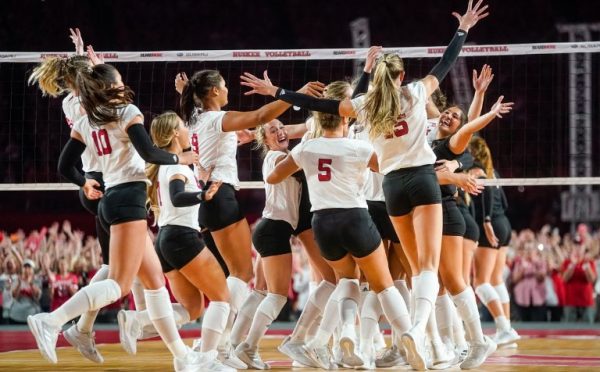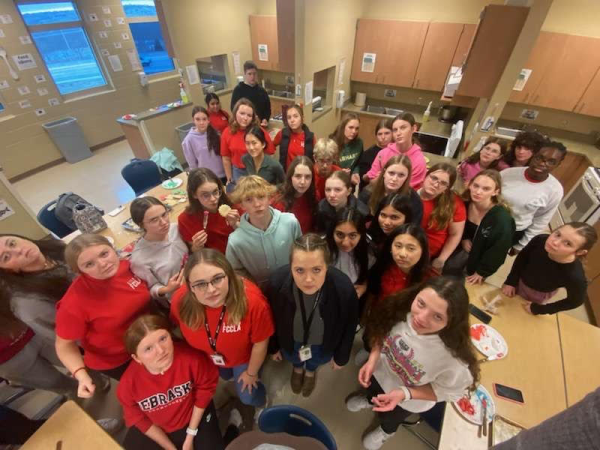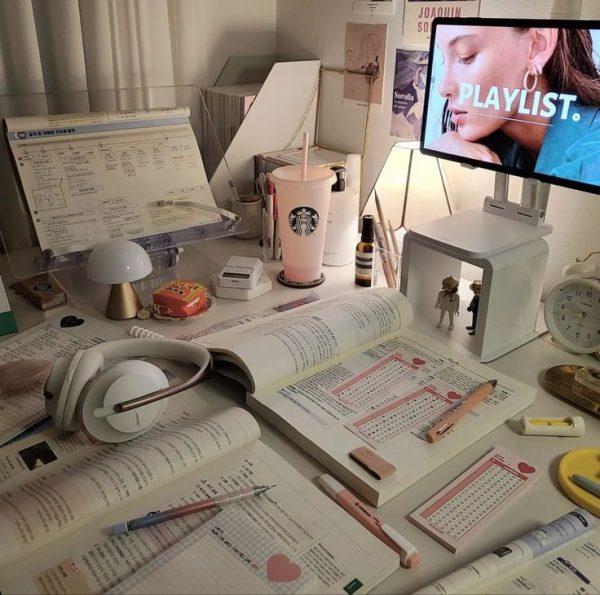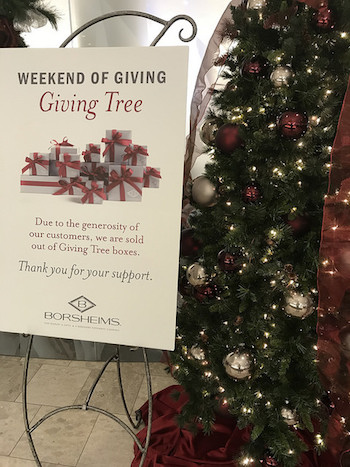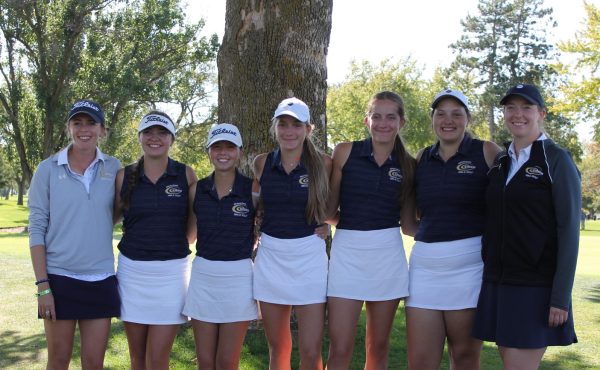Screening For Help: The Quiet, Dark Truth for Children in Isolation
In the midst of all the craziness that the world has become over the past year, one major idea has been universallized as COVID-19 continues to wreak its havoc on society as we knew it: isolate. This term, though seven simple letters, holds so much weight as it has impacted people worldwide for months on end. At what point does isolation to guard against a virus start to do more harm than good?
When related to the transmission of diseases, yes, distancing and isolation of COVID-positive patients limits the spread, but there are outcomes that go unnoticed when it comes to how isolation from others impacts the greater population: more specifically, kids. With nearly everyone stuck at home, minors became increasingly more vulnerable to predators online as 90% of the world’s student population was sent home in March. As one of the fastest growing issues in the nation, there are not nearly enough people addressing it. According to an article published by USA Today, the number of tips to the National Center for Missing and Exploited Children nearly doubled from the beginning of 2019 to June of 2020, increasing from 6.5 million to almost 12 million.
As technology continues to rise and access becomes only easier for people worldwide, more caution needs to be taken. With the increase of time at home comes the increase of images and videos circulating the internet of children being assaulted and abused. Whether they are targeted by family members, neighbors, mentors, or predators met online, the issue is not just going to disappear anytime soon.
“This crime doesn’t get any attention because people don’t want to talk about it,” Lt. John Pizzuro, commander of the New Jersey Internet Crimes Against Children (ICAC) Task Force, said to USA Today.
There is so much disbelief and ignorance around the presence of child abuse and trafficking that occurs today; people just don’t want to admit that these things take place in our world. Alicia Kozak, the first child reported to be abducted by an online predator in 2002, is speaking out on the issue as well, raising awareness for children that could experience what she did.
“Children are going to be home from school, they’re going to be home a lot more and they are going to be at great risk. And that happened pretty quickly,” Kozak said in reaction to the lockdowns causing kids to be stuck at home.
Not only are kids more susceptible to dangerous situations at home during these lockdowns, but they are also not provided with the safe space of the school setting in which trusted adults and faculty are able to detect and report students stuck in unsafe environments.
Underfunding of programs meant to prevent these crimes does not help the cause either. The Protect our Children Act of 2008 was supposed to delegate $60 million a year to the country’s 61 ICAC task forces on the national, state, and local levels. Only about $29 million of that total has actually been made accessible.
Left with only about $500,000-600,000 a year, some states implemented their own supplemental funding under Alicia’s Law- named after Kozak.
In Nebraska, the Technical Crimes Division for Child Exploitation run by the State Patrol task force for the ICAC in Nebraska. Project Harmony is a private organization based out of Omaha that takes reports of child abuse and assists troubled children that come in their doors. Since lockdowns started in March, reports dropped significantly, and not because child abuse cases are going away, but because the sources responsible for reporting the most cases, schools, are unable to fulfill their role. The National Children’s Alliance reported that 40,000 less children were served nationwide from January until June of 2020.
“We’re waiting honestly for that surge to come once kids are back into that safe place and can share what’s going on at home,” Gene Klein, executive director of Project Harmony, said to KMTV reporter Steffani Nolte.
This past spring, calls to Child Protective Services averaged in the low 100s daily, frighteningly less than their normal 300 plus calls, but Klein said their numbers are returning to “normal”, or however normal these reports can be since school has gone back into session for the most part.
Everyone in Nebraska is considered a mandated reporter, so it is every person’s responsibility to look after the children in our schools, at our churches, down the street, family, friends, or strangers in this unprecedented time of vulnerability.
https://www.usatoday.com/story/news/nation/2020/10/22/coronavirus-child-abuse-nj-online-child-exploitation-reports-increase/6004205002/
https://www.3newsnow.com/news/local-news/child-abuse-centers-have-helped-40-000-fewer-kids-during-pandemic

Hi! My name is Cambri Rolfes. I am a columnist and Design Editor-In-Chief and this is my second year on staff!





